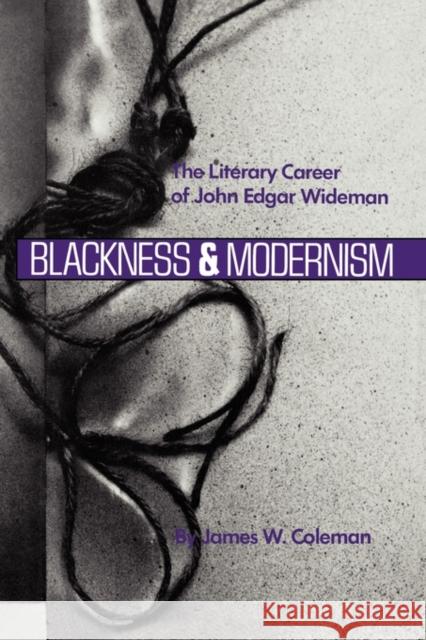Blackness and Modernism: The Literary Career of John Edgar Wideman » książka
Blackness and Modernism: The Literary Career of John Edgar Wideman
ISBN-13: 9781604738469 / Angielski / Miękka / 1989 / 178 str.
During his career as a writer-intellectual, John Edgar Wideman in his personal life has overcome feelings of alienation from the black community and has reoriented himself as a participant in black culture. In his fiction Wideman has affected a similar shift, using modernism and postmodernism to bring his intellectual characters out of their isolation and into contact with the needs, concerns, and traditions of black people. Before he could write about this shift, Wideman had to inform himself about black culture. An eight-year period of immersion in the works of nineteenth- and twentieth-century authors gave him the resources he needed. Using them he was able to circumvent modernism's dead-end, pessimistic world view and at the same time chart a new course for other, similarly estranged black intellectuals. Coleman identifies three main stages in Wideman's career: the early books (A Glance Away, Hurry Home, and The Lynchers); the Homewood trilogy (Hiding Place, Damballah, and Sent for You Yesterday); and the recent books (Brothers and Keepers and Reuben). Blackness and Modernism is the first comprehensive study of Wideman and his novels, and it shows him to be a writer emerging as a major figure in black and American literature. It shows him too as a writer whose progress has been to move away from such modernist masters as Eliot, Faulkner, and Joyce into the rich world of black culture, while retaining modernist techniques. Included also in Blackness and Modernism is Coleman's interview with Wideman, conducted in 1988.











